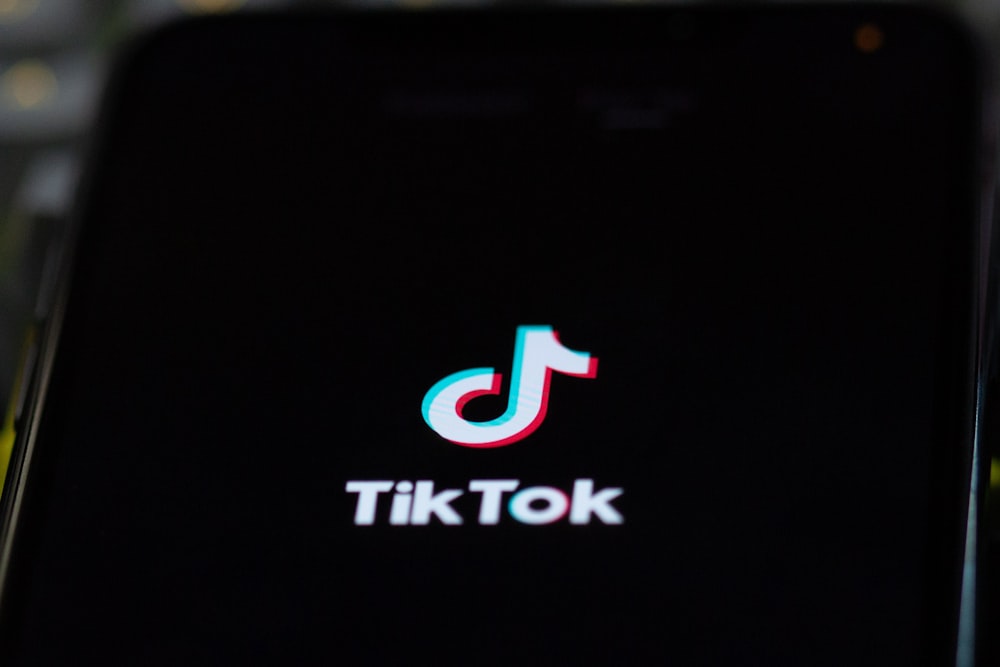The campus protests in support of Hamas have flared up again. This time, the protests are centered on Columbia University where students have set up an encampment, but demonstrations are also taking place at Princeton, Yale, and other colleges around the country.
Personally, I think the students and faculty who are demonstrating in support of Gaza and Hamas have a fundamental misunderstanding of the situation. Looking back on the history of the region, a great many of their notions are dispelled. Israel took control of Gaza in 1967 in the Six-Day War, a war in which it was attacked by a coalition of neighboring Arab countries. Despite starting the war on the defense, Israel quickly turned the tables and emerged from the conflict with several territorial gains including Gaza, the West Bank, and the Golan Heights.
Israel occupied Gaza until 2005, hoping to trade land for peace. When no peace deal was forthcoming after four decades, Israel unilaterally dismantled Jewish neighborhoods (settlements) there and withdrew. Shortly after, Hamas became the government and established dominance over the rival group, Fatah, to control the area.
Since then, it has been Hamas that has been the obstacle to peace. The group has launched thousands of rockets and missiles against Israel as well as sending raiders and suicide bombers. It was Hamas that started the current war with large-scale attacks and thousands of murders and kidnappings on October 7. Even now, as the pro-Palestinian college students camp out to support a terrorist group, it is Hamas, not Israel, that refuses to agree to a ceasefire.
The pro-Hamas demonstrators are wrong, and they are on the wrong side of history. But in America, they have a right to be wrong.

They also have a right to be racist and anti-Semitic. This doesn’t mean that they have a right to escape the consequences of their odious leanings, however. As Steve Berman wrote yesterday, pro-Israel and pro-Jewish Americans and groups have every right to withdraw support for colleges that don’t reflect their personal beliefs. Employers have every right not to hire students who espouse radical viewpoints. Students have the right to attend classes without being intimidated or harassed and can vote with their feet by transferring to a different school.
What the students don’t have the right to do is cross the line to criminal and unlawful behavior in their zeal to spread their hateful message of cleansing Palestine of Jews. (It is ironic that the Supreme Court heard arguments yesterday on an Oregon case in which a city banned public camping to discourage the homeless from sleeping in parks.)
Colleges seem to be coming to this realization. More than 100 protesters have been arrested at Columbia, presumably on charges of trespassing and disorderly conduct. The AP reports that police were called to disperse protesters on the campus of New York University after the crowd became disorderly and engaged in intimidating and anti-Semitic behavior.
Colleges also need to maintain safe and functional campuses. Federal law requires that colleges protect students from bullying and intimidation while most campuses also have rules against such behavior. In the past, a major problem has been that these rules are not applied evenly against leftist protesters. Too often, students demonstrating for leftist causes are humored and coddled while conservative student groups face restrictions and harsh rules. Campus rules, like the law, should be applied in a manner that is neutral regarding viewpoints.
Free speech has limits. The limit is often when one person’s freedom runs up against someone else’s rights. For example, a few weeks ago, a Berkeley student grabbed the microphone at a Berkeley law professor’s home and began an anti-Israel rant. Forcing her to leave did not violate her constitutional rights. She has a right to free speech, but she does not have the right to speak in her professor’s private home.
This incident is directly analogous to several examples on the other side. The January 6 protesters had the right to speak out against the 2020 election results, however ill-informed they were about election fraud. They did not have the right to storm the Capitol in an attempt to change those results. Likewise, social media laws in Florida and Texas that attempt to regulate how platforms can moderate content are right-wing versions of leftists who say that protesters have the right to the mic in a private individual’s home or business.
I’ll add violence and lawbreaking is typically a turnoff to the American public. Americans might well view Israel’s actions in Gaza as excessive. There would be good reasons to take that view. But when protesters start occupying college campuses a la Occupy Wall Street, blocking streets, and generally acting in an unruly manner, the focus quickly shifts to the bad behavior of the protesters and the Palestinian cause loses sympathy. I can say the same for MAGA, which has now lost a string of elections due to its bad behavior.
The right position on all of these incidents is to support free speech as long as it remains lawful and nonviolent. That includes not trespassing on private, college, or government property. Where laws are broken, enforce them regardless of the political persuasion of the lawbreakers.
TRUMP TRIAL KICKS OFF: The first criminal trial of a former president is in motion. Donald Trump is facing jurors in New York for his alleged scheme to falsify business documents to cover up a plot to influence the 2016 election in violation of campaign finance laws by quashing claims from two women that they had extramarital affairs with Trump.
